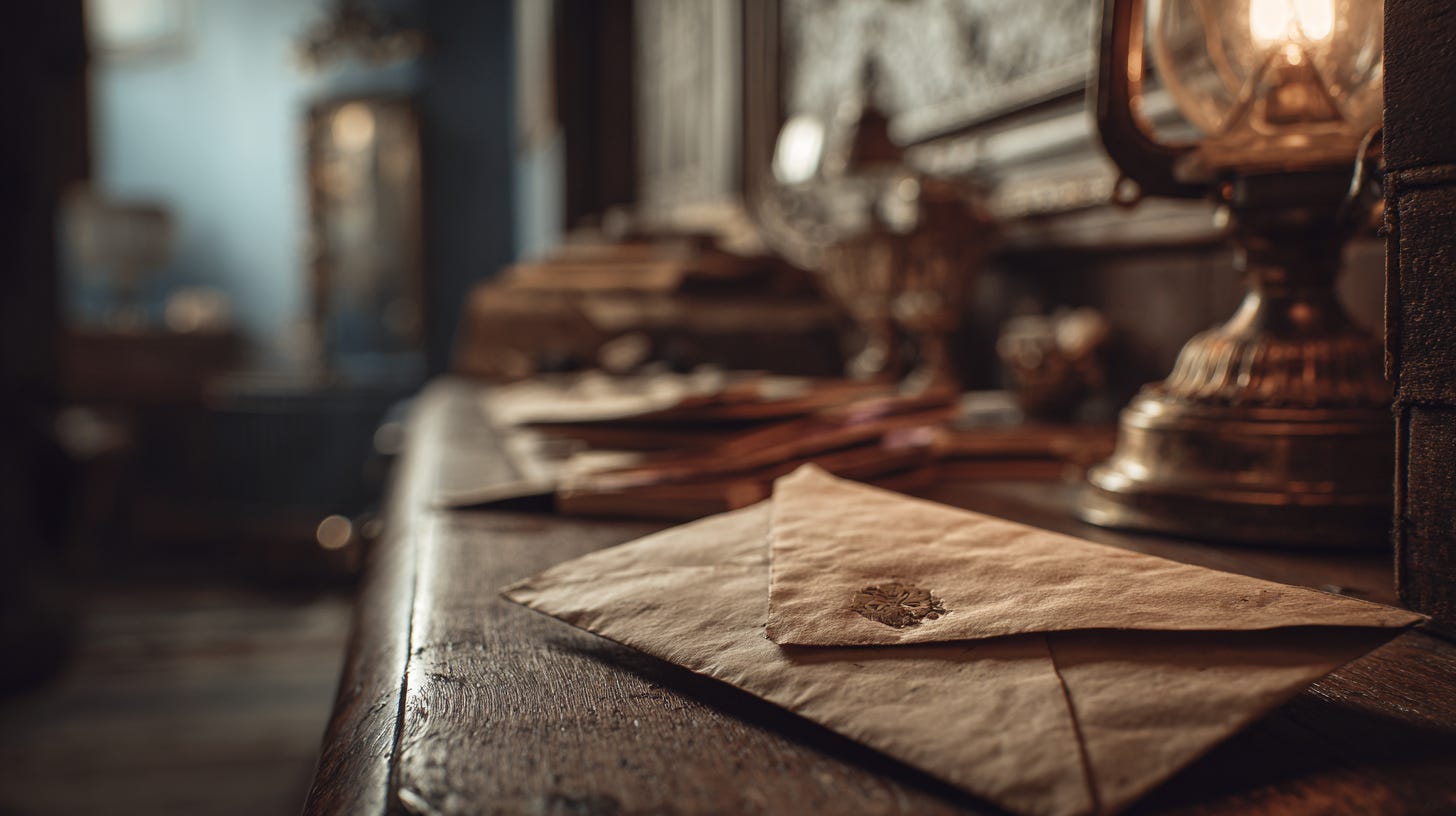Dear Em,
I know you never had children. I checked. Twice, actually. Which makes this all the more confusing.
I uploaded my 23andMe profile to a site called MyTrueAncestry.com—mostly out of idle curiosity. The usual suspects showed up: a Viking or two from Iceland, a Bronze Age farmer from what’s now Prague, even Cheddar Man, skulking around Somerset in 7150 BC. And then, improbably, you—Emily Dickinson. A genetic connection, they claimed.
I stared at the screen for a while: bewildered, mostly. And yes—a little proud. Truth is, I didn’t know all that much about you. In the UK, the reading lists clung to the British canon. And of course, Bill—our dear Shakespeare, still hogging the spotlight like a well-loved but slightly overacted uncle at Christmas. Your name floated around the edges, but your work didn’t reach me until long after I’d left England.
I think I’d read one of your best-known poems in an anthology once, years ago—the one with Death and the carriage. Found it a little trite, if I’m honest. But then, I think I went in expecting to feel that way—half-prepared to dismiss you. Which, of course, became its own kind of self-fulfilling prophecy.
But after the DNA result, I felt obliged—as family, I suppose—to give your canon another look. Not as a student, not as a skeptic. Just someone who might be—however faintly—tied to you.
So I read again—out of obligation at first. Out of a quiet sense of duty. And to my surprise, I found myself nodding. You didn’t write to impress. You wrote to reveal. Nothing flowery, no theatrics. Just a quiet, steady gaze at how things are, beneath the noise. It turns out, Cousin Em, we’ve been circling some of the same territory all along. Only you wore more linen.
I’ve been writing poems since I was a boy—first in the margins of schoolbooks, on the backs of envelopes, in cafés and airports. Back in my punk days, I called them song lyrics. But they were always poems, Em. My relationship with poetry has outlasted two countries, seven careers, and at least one misguided goatee. But still, I don’t think I ever expected it to appear in the family tree.
We’re probably not connected by blood. But apparently, we’re related by how we look at things. By a shared instinct to sit with the ache until it says something true. Maybe you were already with me in the music, in the margin, in the lines I finished before I understood them.
Yours (possibly in spirit, definitely in rhythm),
Robert
P.S. If you are haunting me, at least have the courtesy to do it via good lighting. The hallway bulb keeps flickering—more Poe than Dickinson, if I’m honest.



That’s such an interesting connection, Robert! Are you going to investigate any further?